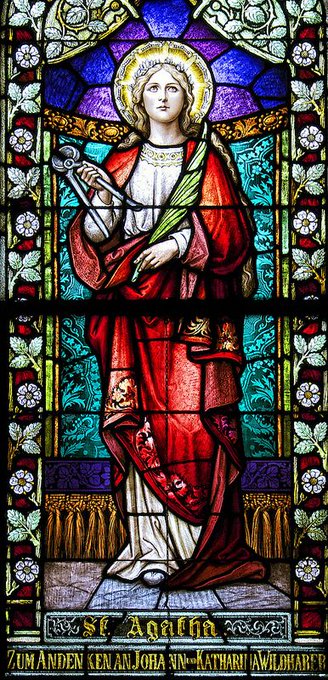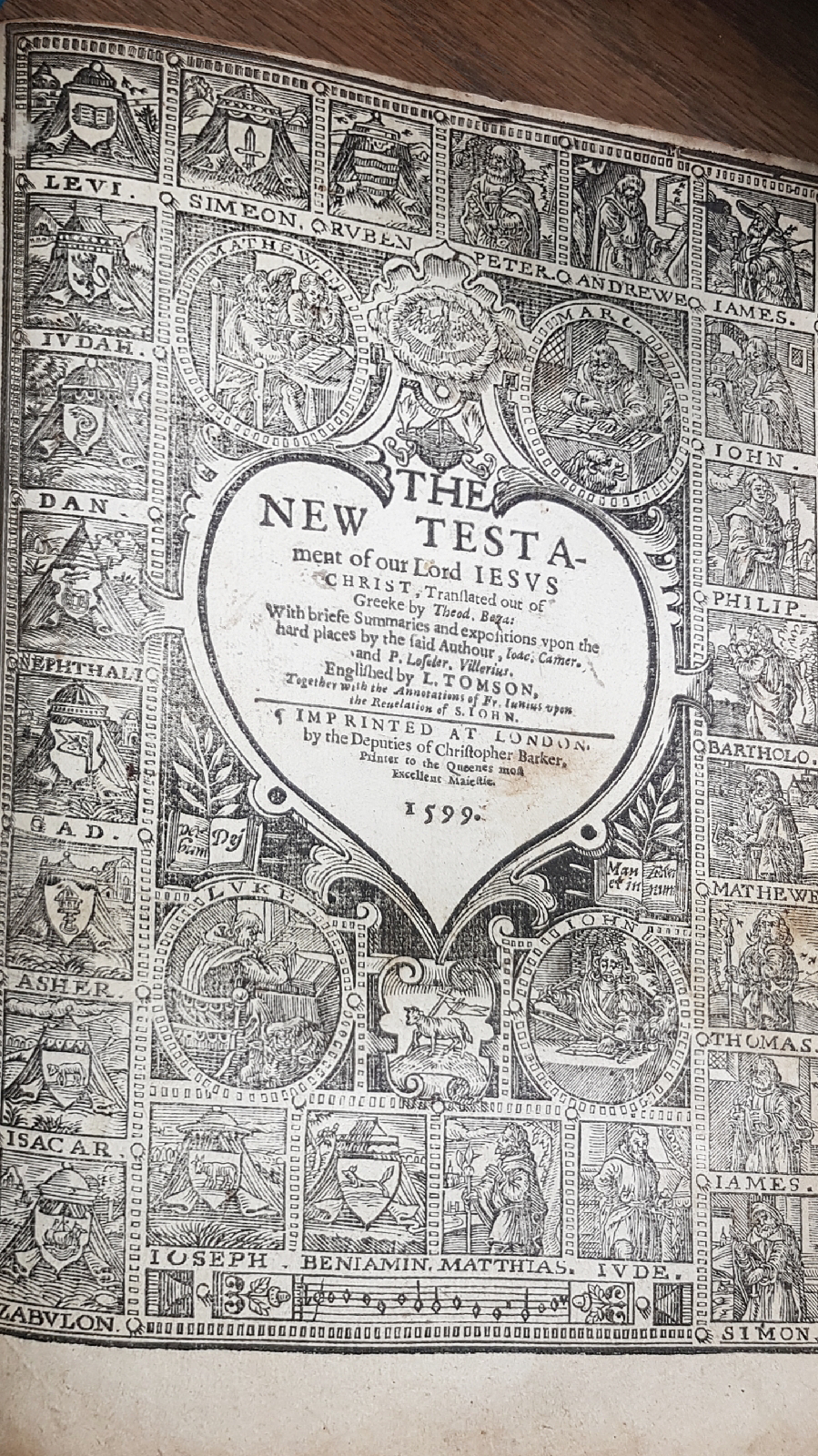Sunday, 7 February 2021
Saturday, 6 February 2021
The Grand Inquisitor
“The Grand Inquisitor” was originally published as the fifth chapter of the fifth book of Dostoevsky’s novel The Brothers Karamazov, his last and perhaps his greatest work. Dostoevsky died just months after the novel was published, and he did not live to see the peculiar situation of his novel’s most famous chapter being excerpted as a short story—something he did not intend. A further peculiarity arises from the fact that the story is not excerpted the same way every time, so that whole paragraphs of the novel may be included or excluded from the short story, according to each editor’s sense of how best to make the part seem like a whole.
The legend of the Grand Inquisitor is a story within a story. Jesus returns to Earth during the Spanish Inquisition and is arrested. The Grand Inquisitor visits him in his cell to tell him that he is no longer needed on Earth. The Church, which is now allied with the Devil, is better able than Jesus to give people what they need. The story has often been considered a statement of Dostoevsky’s own doubts, which he wrestled with throughout his life.
Throughout the novel the themes of the legend are repeated and echoed by other characters and in other situations. Ivan explains some of what is to come before he tells the story, and he and Alyosha discuss the story when he is finished telling it. In the excerpted form, it is more difficult for readers to determine who is speaking, whose story it is, and how it is to be taken.
crime and punishment
They dont want a living soul, the living souls demands life ..... they believe that a social system that has come out of a mathematical brain is going to organize all humanity #DostoevskySaturday
St. Agatha
Today is the Feast day of St. Agatha. Died today in 251 (born 225)
She never succumbed to the flesh. The emperor placed her in a brothel, she converted the owner Aphrodisia. After that, she was martyred.Friday, 5 February 2021
Sunday, 3 January 2021
Fyodor Dostoyevsky, The Brothers Karamazov
What is hell? I maintain that it is the suffering of being unable to love.
Based on Fyodor Dostoyevsky, The Brothers Karamazov
Flemish painter Jan van der Straet, known by his Italian name “Stradanus,” completed a series of illustrations of the Divine Comedy between 1587 and 1588, currently preserved at the Laurentian Library in Florence. This illustration refers to Canto VIII, where the wrathful and slothful are punished. Stradanus combines elements of Italian Mannerism, such as painstaking attention to detail, with distinctive Flemish traits like the physiognomy of the demonic figure steering Dante’s boat, who shows a deeply harrowing expression.
















